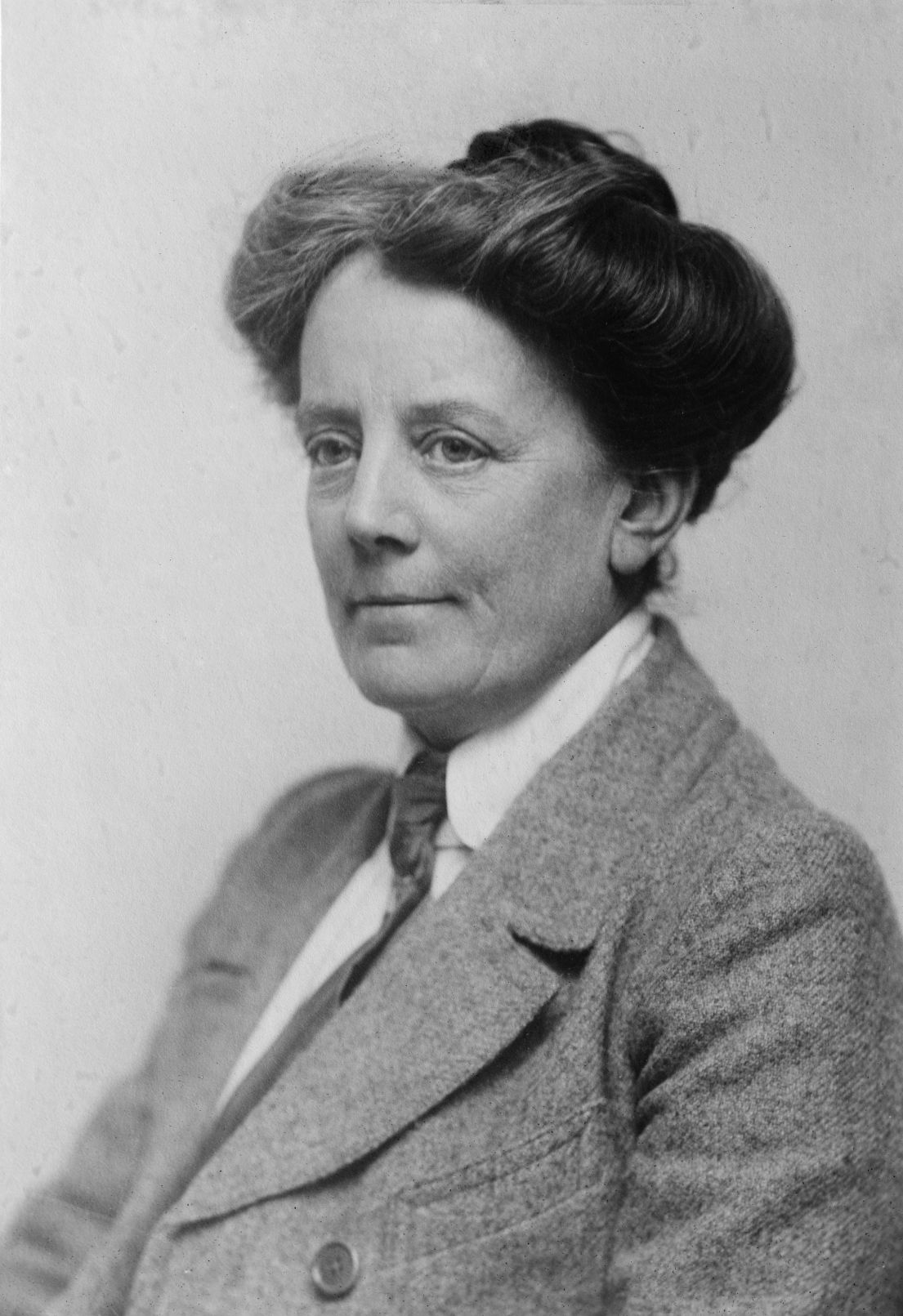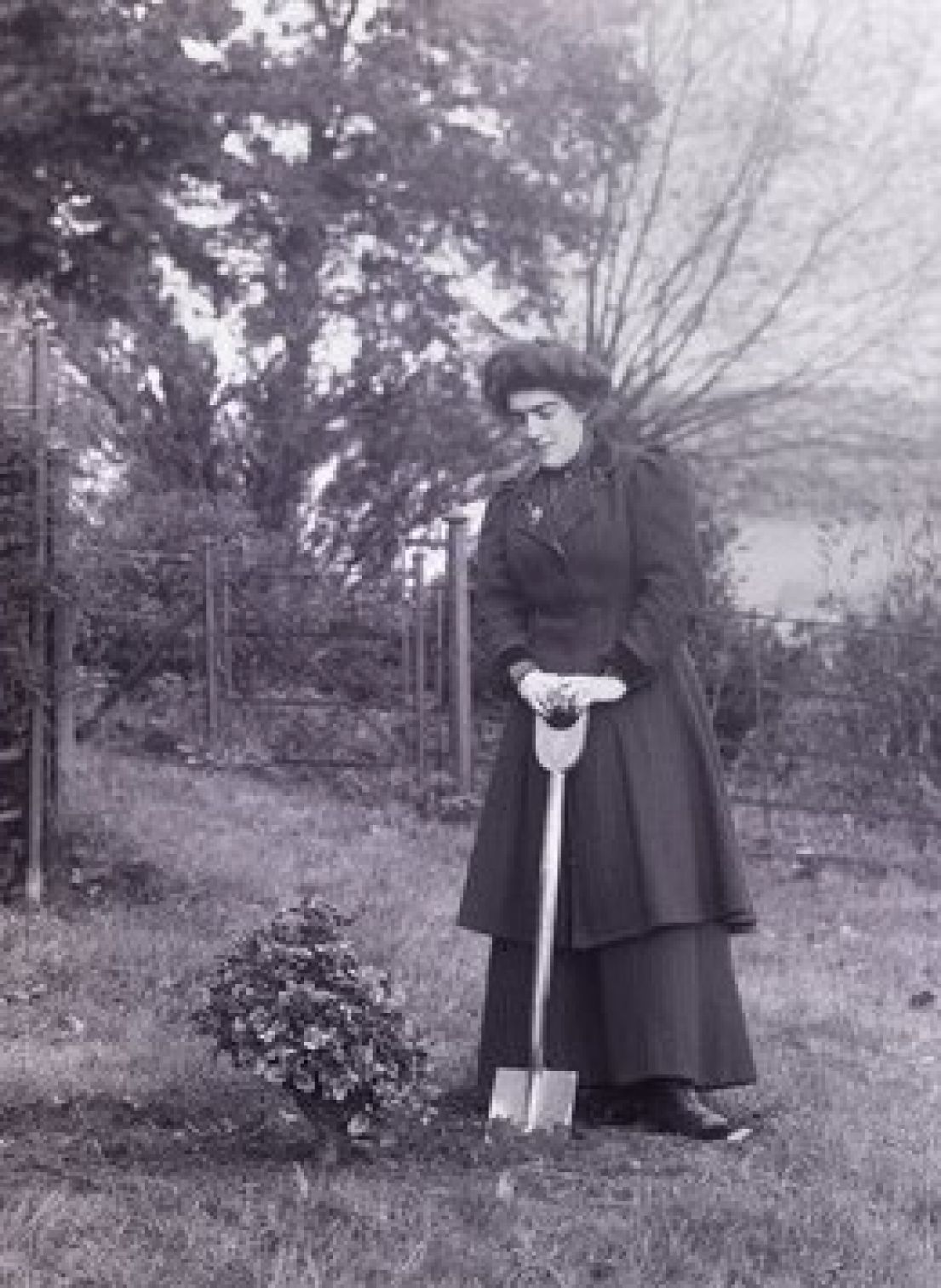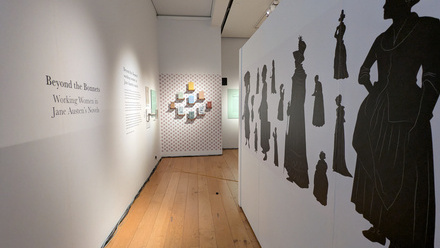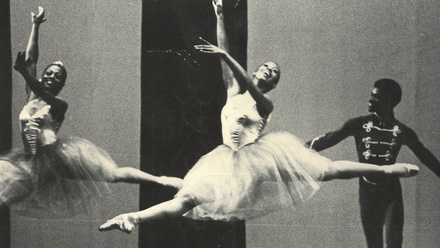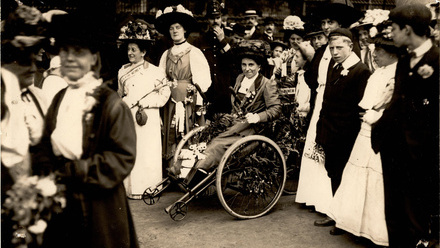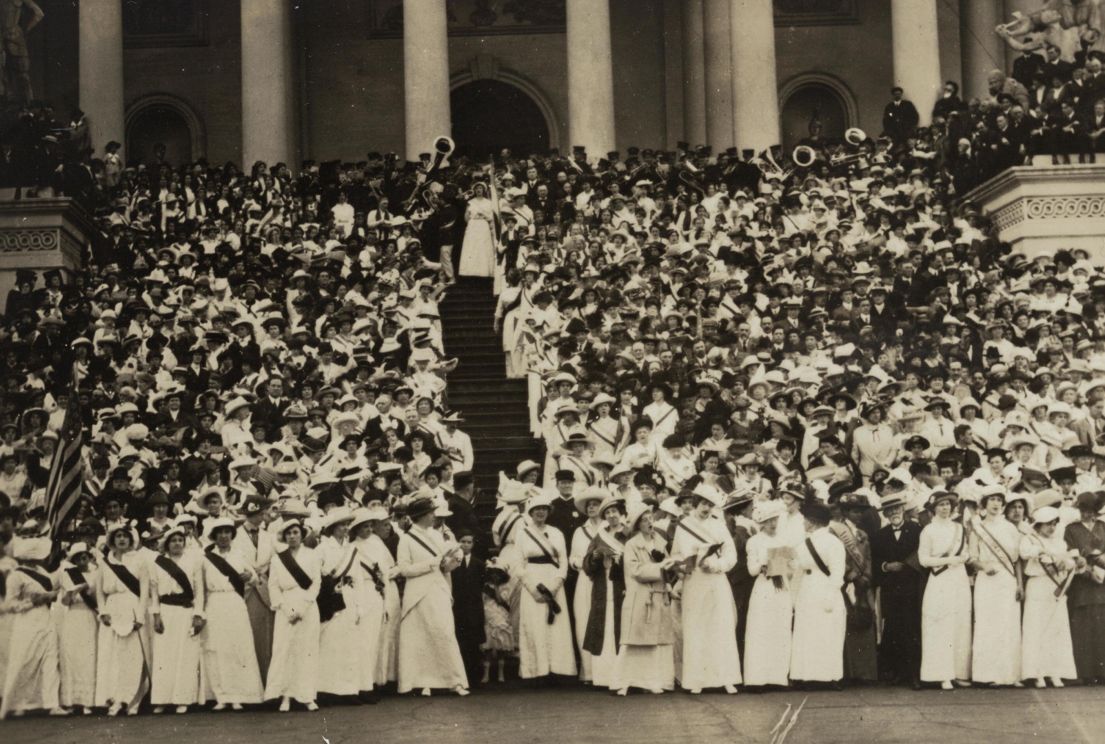
This week marked the 100th anniversary of a breakthrough in the suffrage campaign – 1918’s Representation of the People Act, which gave some women the vote (those over 30 who owned property). Lots of places will be celebrating this milestone with events across the year, and here at Heritage Open Days we’ll be running a wider celebration of extraordinary women from all spheres. Watch this space for more details in March, but as a taster here are some of the stories people have shared about local suffrage campaigners.
Artistic activist – Emily Ford (1850-1930)
Emily was the daughter of a wealthy Quaker solicitor who unusually gave his sons and daughters equal educational opportunities. A talented artist Emily exhibited work at the Royal Academy and had a studio in Chelsea, but she was also an active campaigner for women’s rights. She became the Vice-President of the Artists Suffrage League where she designed posters for the campaign. And in her home town she co-founded the Leeds Suffrage Society with her sister, Isabella.
See Emily’s paintings at All Soul’s Church, Blackman Lane, Leeds
Campaign composer - Dame Ethel Smyth (1858-1944)
Travelling speaker - Isabel Seymour (1882-?)
Deeds not words - Kathleen Brown (1887-?)
The daughter of a railway worker in Newcastle upon Tyne, Kathleen was a passionate suffragette. She took Emmeline Pankhurst’s call for ‘deeds not words’ to heart, breaking windows when Lloyd George visited the city and even hijacking a horse-drawn fire engine for the cause at one point! She was imprisoned three times and became one of the first hunger strikers.
Take a walk round Newcastle in Kathleen’s footsteps this International Women’s Day.
Got a story? Tell us more!
We will be highlighting more stories of extraordinary women throughout the year. Many thanks to all those who’ve already sent in suggestions. If there’s anyone you want to champion, do tell us!
Find out more
- Vote 100 - The Houses of Parliament have a whole range of activities and information
- Explore Churches has a great blog featuring sites associated with suffragists and suffragettes
- The March of the Women - a fantastic project being run by Surrey History Centre in Woking (home of Ethel Smyth)

